Relapse Prevention
Relapse prevention is a strategy used to help individuals maintain their progress in overcoming addictive behaviors or other problematic habits. It involves identifying potential triggers, developing coping strategies, and creating a support system to manage cravings and avoid a return to the problematic behavior. Here are some key components of relapse prevention:
Key Components of Relapse Prevention
- Understanding Triggers:
- Environmental Triggers: Places, people, or situations that may remind the individual of their previous behavior.
- Emotional Triggers: Stress, anxiety, boredom, or other emotional states that may lead to a desire to return to the behavior.
2. Developing Coping Strategies:
- Healthy Alternatives: Finding positive activities to replace the problematic behavior, such as exercise, hobbies, or spending time with supportive friends and family.
- Mindfulness and Relaxation Techniques: Practicing mindfulness, meditation, or other relaxation techniques to manage stress and reduce the urge to relapse.
- Cognitive Behavioral Techniques: Challenging and changing negative thought patterns that may lead to relapse.
3. Building a Support System:
- Support Groups: Participating in support groups or therapy sessions to share experiences and gain encouragement from others facing similar challenges.
- Accountability Partners: Having someone to check in with regularly to discuss progress and setbacks.
4. Creating an Action Plan:
- Recognizing Early Warning Signs: Identifying the signs that a relapse might be imminent and taking proactive steps to address them.
- Emergency Contact List: Having a list of people to contact for immediate support if the urge to relapse becomes overwhelming.
- Structured Schedule: Keeping a structured daily schedule to reduce idle time that might lead to relapse.
5. Education and Self-Awareness:
- Understanding the Addiction: Learning about the nature of the addiction and the effects of relapse on physical and mental health.
- Self-Reflection: Regularly reflecting on progress and areas that need improvement.
Practical Tips for Relapse Prevention
- Stay Active: Engage in physical activities to reduce stress and improve mood.
- Maintain a Healthy Diet: Proper nutrition can have a positive impact on mental health and reduce cravings.
- Avoid High-Risk Situations: Stay away from environments or situations that may trigger a relapse.
- Seek Professional Help: Consider working with a counselor or therapist who specializes in addiction and relapse prevention.
Relapse Prevention for Specific Addictions
- Substance Abuse: Focus on avoiding substance-related environments, managing withdrawal symptoms, and finding sober activities.
- Behavioral Addictions: Identify specific triggers related to the behavior, such as gambling, gaming, or eating disorders, and develop tailored coping strategies.
Relapse prevention is an ongoing process that requires continuous effort and adaptation. By understanding triggers, developing coping strategies, building a support system, and maintaining self-awareness, individuals can improve their chances of long-term success in overcoming addictive behaviors.
If you or someone you know could benefit from a relapse prevention, please contact me today. I would be happy to speak with you about how I may be able to help.
Contact Us
We will get back to you as soon as possible.
Please try again later.
Address
Office Hours
Please call for an appointment. Evening and Saturday sessions are available upon request.
© 2023 All Rights Reserved | JSL Counseling Services

